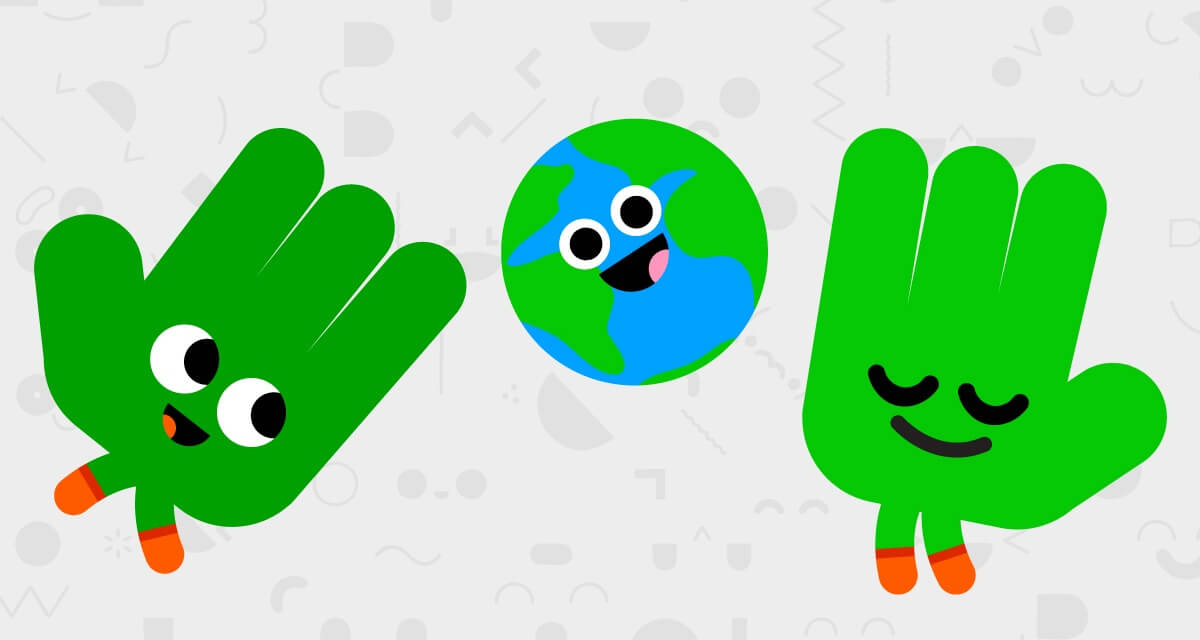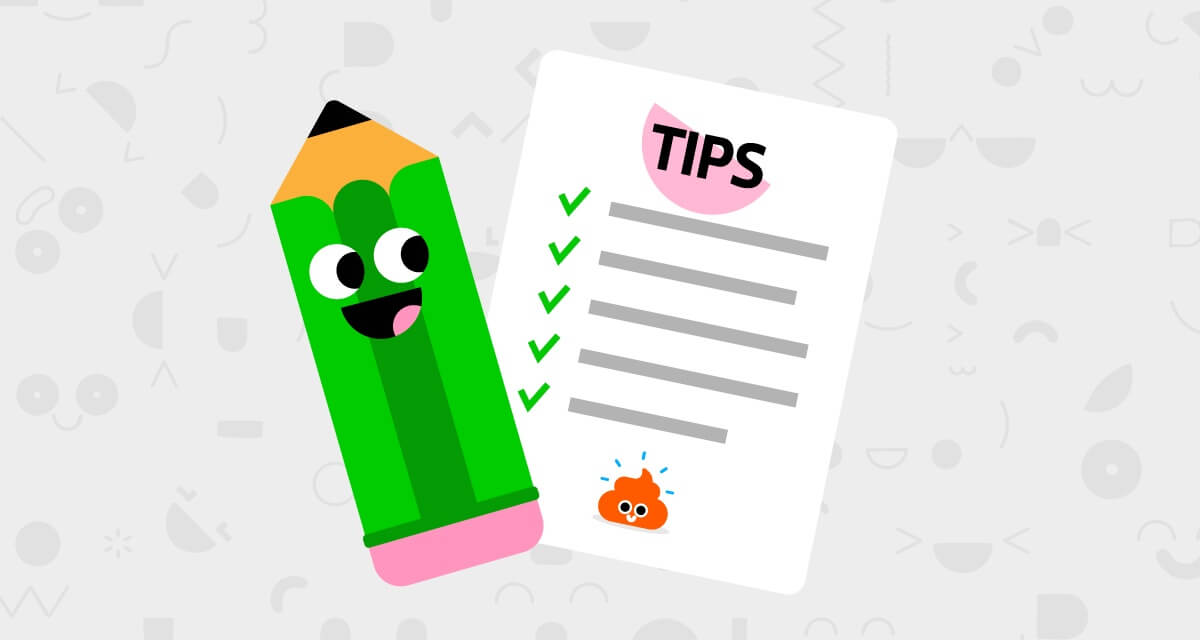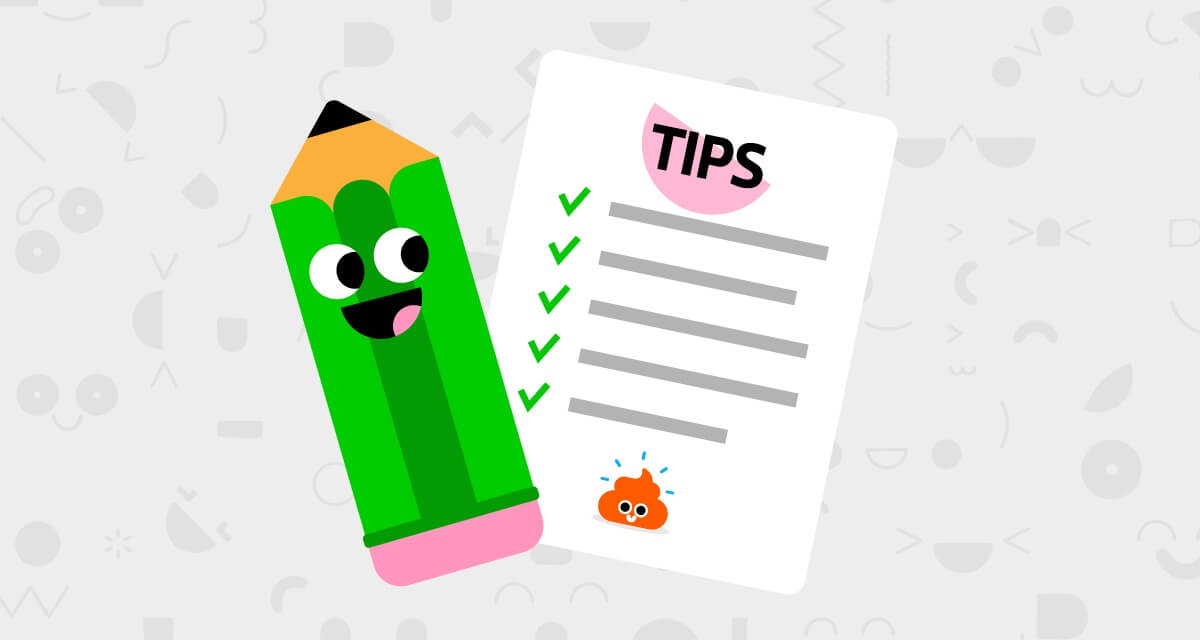Service learning is a growing movement. Kids learn compassion, communication and leadership skills while they help others.
- By
- Parker Barry
More than ever, many families feel they are living in a fast-paced, stressful and sometimes scary world with seemingly little time to connect with those we care about and with what’s happening around us. Understandably, we can lose sight of communities in need, as well as our ability for compassion and empathy. With Martin Luther King Jr. Day of Service approaching on January 15, organizations around the country are planning volunteer activities and events for families and communities. Service projects can take as little as 15 minutes and benefit both the youth volunteer and the cause of their choice.
“The time is always right to do the right thing.”
— Martin Luther King Jr.

Martin Luther King Jr. lived his life serving others and taking action. 50 years after his death, millions of Americans follow his example on Martin Luther King Day. generationOn, the youth division of Points of Light, is one organization that celebrates the day in a big way. Wendy Rhein, the organization’s chief strategy and engagement officer, says, “MLK Day is a Day on, not a day off. There will be service projects all around the country.”
Year round, generationOn, and other organizations, support family volunteerism, as well as a strong service-learning curriculum in schools nationwide. Service learning (SL) is an experiential, interdisciplinary, research-based teaching and learning strategy that engages youth in service to meet learning objectives and address real-world issues. Rhein has observed a significant increase in SL requests from teachers (preschool through collegiate) about how to connect service with education. She describes SL as a style of teaching that is especially engaging for young kids, because it makes school subjects relatable to real life and encourages 21st-century skills of compassion, communication and leadership.

Amy Meuers, CEO for the National Youth Leadership Council, says, “Service-learning connects community and classroom, inspiring students to make positive contributions to the world. If society’s problems are ever to be solved, we must start understanding and respecting our differences and work together as one to make our nation and the world a better place for us, for our children and for generations to come.”
Service learning grows into national movement
Since the turn of the century, the spirit of SL has been explored by many educators and social change pioneers from John Dewey to Mahatma Gandhi. In 1969, following the peak of the U.S. Civil Rights Movement, the service-learning approach was introduced at a Peace Corp conference as a way to carry forth the student activism of the 1960s. In the nearly 50 years since it was coined, SL has grown into national movement, engaging between 4 million and 5 million students each year. The 1990s saw an increased commitment to SL, primarily due to the passage of the National Community Service Act of 1990, and in 2008, the National Youth Leadership Council (NYLC) released research-based K-12 Service-Learning Standards.
A 2011 meta-analysis of 62 studies showed that students participating in SL programs demonstrated significant gains in attitudes toward self, school and learning, as well as increased social skills, academic performance and civic engagement. Additional benefits show improvements for the student, school and community. Kids are naturally altruistic, and SL motivates them even more.

Reflection is key
Reflection is a crucial component at the culmination of a service project and may be where children learn the most. Moreover, students see that their actions have made a meaningful community impact and that their voice and input are valuable, giving them a sense of agency. (generationOn, 2015). Rhein adds, “So often children are getting bombarded with difficult images and topics and don’t know what to do with their feelings or fears. Through service learning, we provide a controlled setting where students can talk about it with classmates and teachers, and then use their own age-appropriate skill set to address the social needs. Afterwards, they can process what they did, through journaling, drawing pictures, writing thank-you notes, etc.”
The reflection piece is unique to schools, but parents can use it as a way to fully integrate an experience. You’d be surprised at what your kids may be getting out of a simple hurricane relief bake sale. Fiona, a 10-year-old from Park Slope, Brooklyn, said that her synagogue made sandwiches and cards for homeless people, which made her feel proud. She also notes that although they’re raising money for recent hurricanes, people nearby are still recovering from Hurricane Sandy five years ago, so she’d like to help them too. Her mom, Melissa, says, “I am glad that she’s getting these values at an early age; it’s a part of being a global citizen.” Fiona advises, “If you’re giving something to someone and you’re only thinking about yourself, it won’t be as good. Think about what they need.”
Ways to give back on MLK Day and beyond
- You can find family-friendly MLK Day events in every major city or create your own projects using these resources year round, to do with kids ages 5–18.
- 15-minute project ideas:
- Make “caring cards” to take to a local senior center or fire house.
- Find all your old T-shirts and towels and bring them to an animal shelter.
- Have your child pick out one item each time you go to the grocery store; when you’ve collected a bagful, bring it to a local food pantry.
- Stuff new socks with water bottles and granola bars to give to homeless men and women you pass on the street.
- Donate gently used books, DVDs or toys to a local children’s hospital.
Be sure to deliver items together so your kids can see their compassion in action. Remember to reflect — talk about what you did, how it felt, and what you learned. Right after, build on your child’s enthusiasm by choosing your next service project together.

Marj Kleinman is a Brooklyn based photographer and children’s media producer with a master’s in educational psychology.
All photos courtesy of Points of Light.


